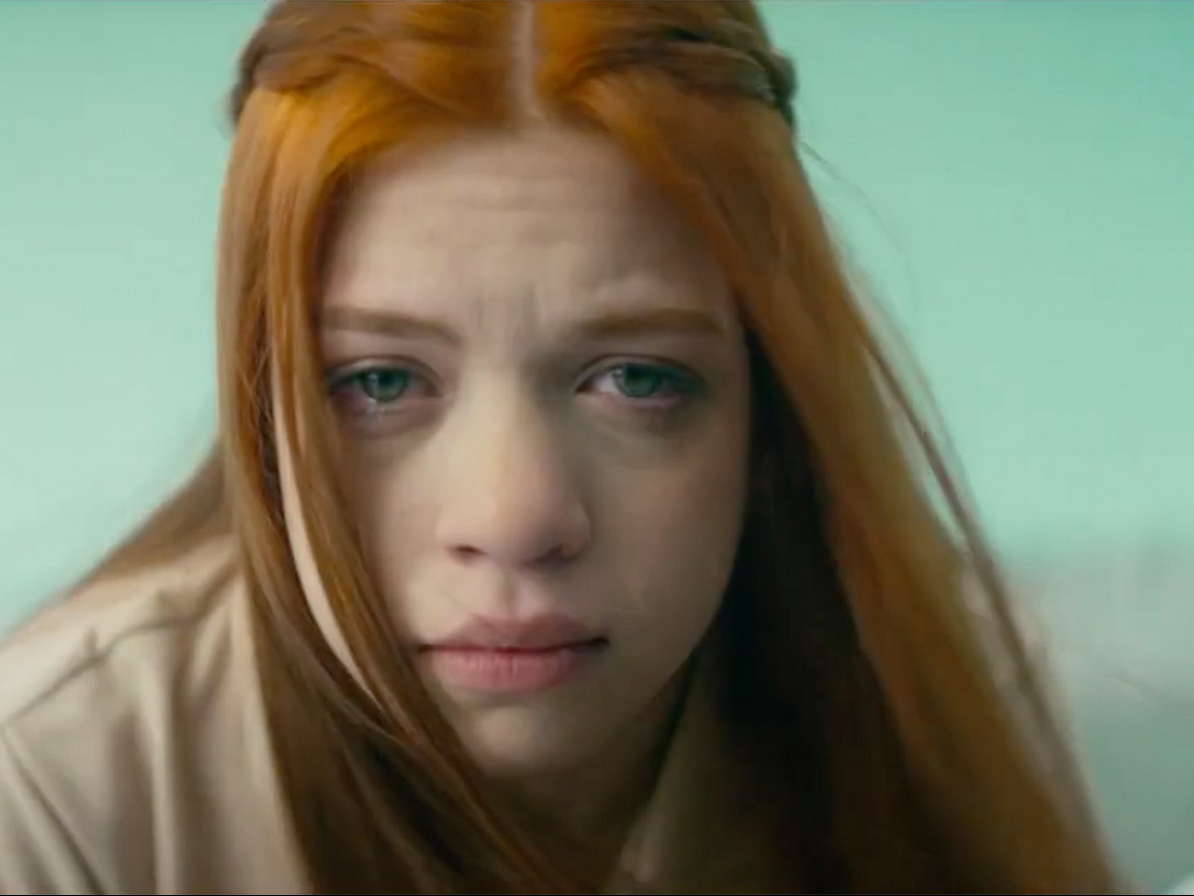
- Golden Globe Awards
Jezabel (Venezuela)
Adapted from the original crime novel by Venezuelan writer Eduardo Sánchez Rugeles, Jezabel is a twisted thriller that provides an inimitable window into a culture filled with debauchery and class.
When the film was showcased recently at the Miami Film Festival, the author talked about his journey into the genre.
“This is a story about memory and oblivion, about what we choose to forget as a defense mechanism, but that cannot be erased,” noted Sanchez. “My collaboration with Hernán Jabes, director of the film, was fluid, spontaneous, and playful. To visually conceive the story, we talked a lot about the decadent futurism of Venezuela in 2033, the darkness that the film required, and its color palette. And all the credit for that sinister and ominous landscape goes to Gerard Uzcátegui, our Director of Photography. It’s obvious that Hernán gave him the guideline, but he did the job.”
The film follows a group of upper-class youths, Lolo, Cacá, Eli and Alain, who live a carefree life in between their drugs, games and love affairs. That is until Eli is brutally murdered one day. Sixteen years later, as Alain experiences a beautiful romance, the memories return only to reveal that Eli’s alleged murderer is not whom everyone believed.
Under the direction of Hernan Jabes, a Venezuelan filmmaker, the film stars Gabriel Agüero, Eliane Chipia, Shakti Maal and Johanna Juliethe as the central circle of friends. Though he has been a creative force with over one thousand commercials and twenty shorts, Jezabel is only Jabes’ third feature film.
Not shying away from the political and social chaos of modern-day Venezuela, Jabes presents his story in two chapters. At first, audiences are awakened to a film with graphic sexuality which might be more than just shock value. It sets a tone for the carefree, entitled nature of our protagonists. In a strange way, the sex is almost decorative to the narrative; that is, until an act of violence shakes us to the core.
The film’s second chapter is more than a decade later when a series of circumstances causes one of the friends to face the horrible truth of what happened. We are now immersed in a whodunit of sorts, as the damage of the past comes back to haunt him.
It is here where the film almost becomes a social commentary about how we never lose our past, and no matter how hard we try to move on, those memories can still have provoking and challenging consequences.